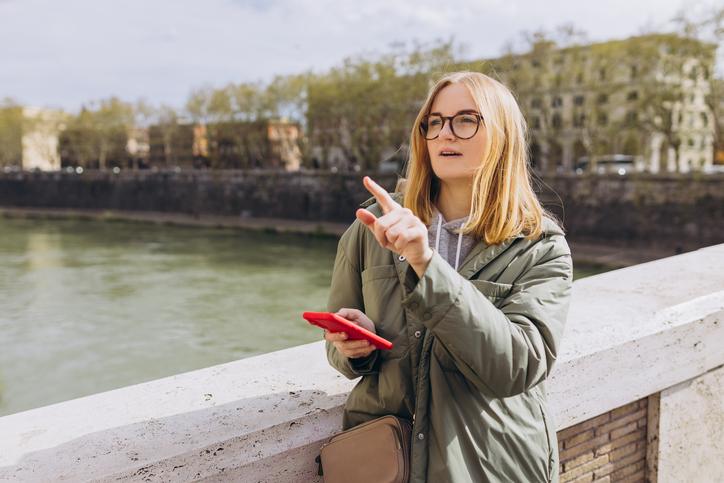As universities continue to grow, the increase in the number of international students is inevitable. It’s vital for institutions to do all they can to ensure international students feel secure and welcome upon their arrival, particularly because they are leaving their homes and preparing to live in countries that they might not have visited before – or even heard of before they applied. As someone who worked on the welcoming committee for international students arriving in Cyprus, I would like to share the strategies I feel are necessary for institutions to take in order to ensure international students have a smooth transition to university life.
1. Preparing for arrival
Having previously worked in my university’s international students office, one of my tasks was to prepare a list of new students arriving on the island, alongside their flight details so that a member of staff at the institution could meet the students at the airport. Of course, the list had to be carefully prepared so students were not missed at the airport. Students who see their names being held up at arrivals certainly feel more welcome. The member of staff greeting students at the airport would then transport them to the relevant dormitories on campus.
- Help students make the most of studying overseas at branch campuses and beyond
- Unearthing the hidden curriculum in international classrooms
- The hows and whys of improved interactions with international students
2. Arrival
Upon their arrival at your institution, international students might feel lonely and not know where to go, stay, shop or even what to do. For this reason, it’s crucial that a member of staff provides a mini tour of the institution, particularly the main areas of interest such as the supermarket located on campus, student dormitories, the library, cafes and areas to socialise. It’s also vital to ensure that a member of staff is always available at the dormitories to assist, particularly because some students will arrive in the early hours of the morning and not know where to go for simple needs. Finding initial basic needs covered – such as clean bedsheets and a small pack containing simple things including shampoo, handwash, a towel, snacks and water – upon arriving at their accommodation goes a long way towards helping international students settle.
3. Orientation programmes
One- or two-week orientation programmes organised by the university – not just for international students but all new students – work very effectively towards preparing freshers for university life. Such programmes should include a tour of the main areas at the university and can also incorporate sports activities such as bowling, football or basketball, which can help students integrate and mix with one another. After the first few days, organising trips to nearby historical sites or sightseeing tours as part of the programme helps greatly with the students’ orientation. Such programmes are fundamental in helping international students feel welcome as they will have all-important opportunities to socialise with other students and become familiar with new faces before lectures start.
4. Online platforms
Despite the disadvantage of not meeting face to face, online platforms can still be made available by institutions for students to discuss points of concern or tips for learning, regardless of which faculty they are enrolled in. This can help international students integrate with other students but, as discussed before, orientation programmes are usually a better option because students will have the opportunity to meet and socialise face to face.
5. Meet-and-greet session
Arranging a meet-and-greet session is probably the most important option available to universities to help international students feel more welcome. Students from each year group can participate in the sessions, giving details of their experience of university life, what they found most challenging, what they found interesting, as well as tips for studying, learning and revision, and so on. Ensuring students from different backgrounds participate in the sessions will help international students realise that any issues they face are surmountable and that others like them have succeeded in the past.
Of course, there are many strategies besides those mentioned above, but in my experience, these are the most useful.
Ayten Ordu is a lecturer in the Faculty of Law at the Near East University, North Cyprus. Her research focuses on aspects of civil law.
If you would like advice and insight from academics and university staff delivered direct to your inbox each week, sign up for the THE Campus newsletter.




comment